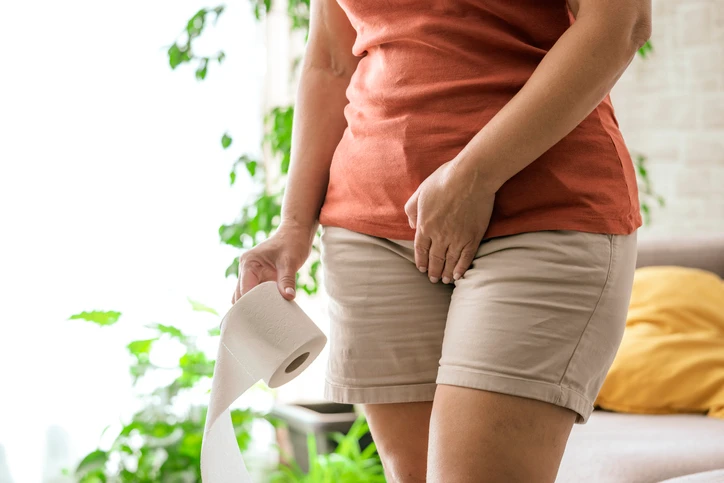Do you have to urinate so frequently throughout the day and/or night that it interferes with your quality of life? Do you find yourself wondering “why am I peeing so much?” You could be suffering from overactive bladder, a medical condition that affects more than 13 million people in the U.S.
What is overactive bladder?
Overactive bladder is when the bladder muscle contracts unpredictably, causing frequent urination or the sudden, strong urge to urinate with or without leakage of urine. This medical condition can be considered “wet” or “dry.”
- Wet overactive bladder, also known as urge urinary incontinence, affects more than 9% of women and is defined as urinary urgency that leads to leakage of urine.
- Dry overactive bladder affects more than 7% of women and is defined as urinary urgency and frequency without leakage of urine.
- Diagnosis is the first step to improving your life and finding treatment for frequent urination. Click here to learn more about diagnostic testing.
Symptoms of Overactive Bladder
The most common symptom of overactive bladder is urinary urgency, which is a sudden, intense desire to urinate. You may feel like you have an uncontrollable bladder. Urinary urgency may occur with (wet overactive bladder) or without (dry overactive bladder) leakage of urine. The urgency can occur in specific situations like hearing or touching running water or getting close to a bathroom. With wet overactive bladder, a person may be unable to stop leakage before reaching the toilet. Urine loss is usually in large amounts.
Some other symptoms include excessive urination, urinating more than eight times per day and nocturia, which is being awakened by the urge to urinate more than one time per night.
Causes
Overactive bladder is caused by involuntary bladder muscle contractions as the bladder fills, which is believed to be due to the bladder nerves malfunctioning. Risk factors include age, obesity, pelvic surgery and the presence of neurological conditions such as diabetes, stroke, Parkinson’s disease and multiple sclerosis. It is important to have a medical evaluation of the symptoms of overactive bladder because they can also be related to urinary tract infections, bladder stones or bladder tumors.
FAQs: Overactive Bladder Treatment in Denver, CO at Aguirre Specialty Care
How do I know if I have an overactive bladder?
Proper diagnosis is the first step. The expert team at Aguirre Specialty Care has successfully diagnosed and treated thousands of cases of overactive bladder. Dr. Oscar A. Aguirre is a fellowship-trained urogynecologist and preeminent pelvic surgeon who has dedicated his entire career to helping women reclaim their intimate vitality and confidence. Diagnostic testing at Aguirre Specialty Care includes an initial office visit and interview followed by a physical exam and further testing, as required.
What are the treatments for overactive bladder?
Non-surgical and surgical treatment options are available for overactive bladder.
Non-surgical treatment options include:
- Kegel exercises
- Pelvic floor therapy
- Low-dose vaginal estrogen
- Overactive bladder medications
- Percutaneous Tibial Neuromodulation (PTNS)
Surgical treatment options include:
- Sacral Neuromodulation / Sacral Nerve Stimulation
- BOTOX®
Click here to learn more about the treatment options available for overactive bladder.
How can I get started with treatment for overactive bladder?
Call us at 303.322.0500 or complete a consultation request form today!
For more on urogynecology please visit the following pages:






